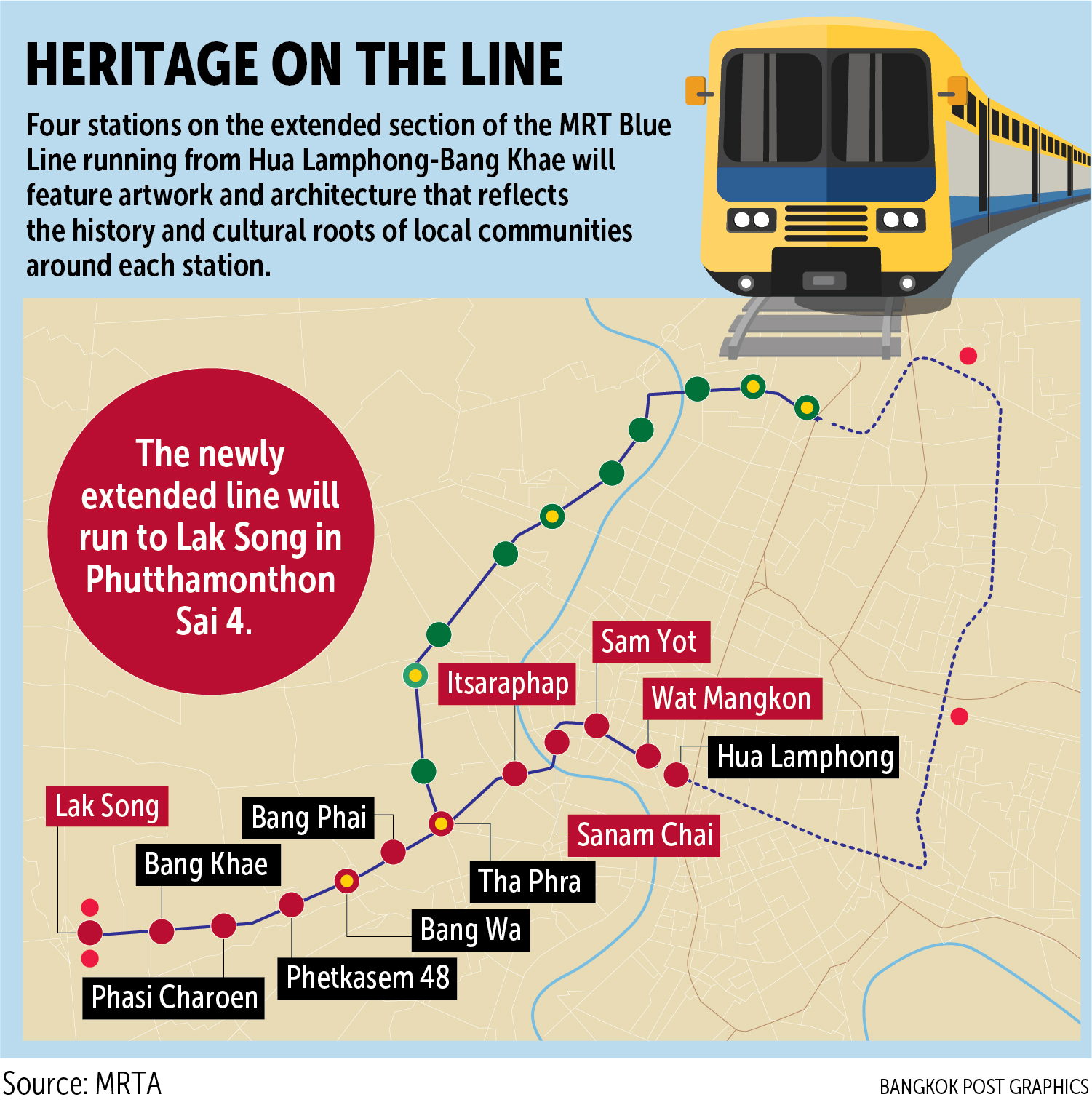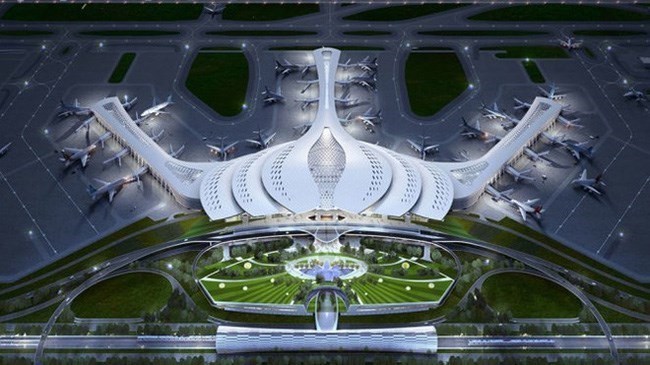China-Thailand deal agreed in principle
The target speed of the rail project is 200-250km/h, with the entire project taking four years to complete.
Investment is estimated at 248 billion baht with a projection of 41,000 passengers one way per day in 2017.
The project has an estimated 19.1% economic investment rate of return.
The high-speed train will be better than the present
Deputy Prime Minister Suthep Thaugsuban has been assigned by the prime minister to follow up with Chinese officials on progress.
Negotiations will cover joint venture terms, land provision, technology and technology transfers.
Mr Suthep yesterday confirmed the two countries have agreed in principle to construct a standard gauge Nong Khai-Bangkok-Padang Besar line, with construction taking four years.
“
However, he said the investment budget in
Rail construction in
But construction in
The project is expected to benefit trade, investment and tourism. Travelling 200km on the service will take two hours and cost 500 baht. This compares with only a 750-baht fare per 750km for the Bangkok-Chiang Mai project.
Mr Suthep said a joint venture with each country owning 50% will likely be established.
Source: http://www.bangkokpost.com/business/economics/211154/high-speed-rail-link-moves-a-step-closer


